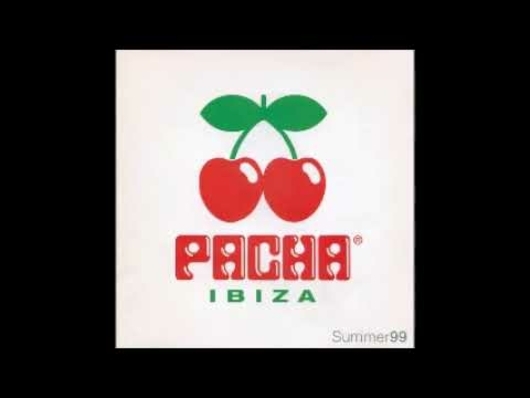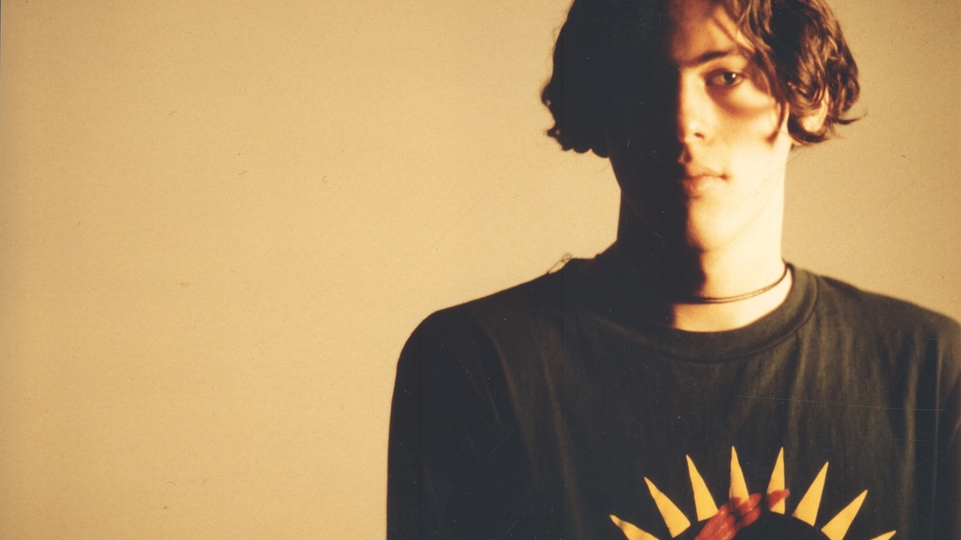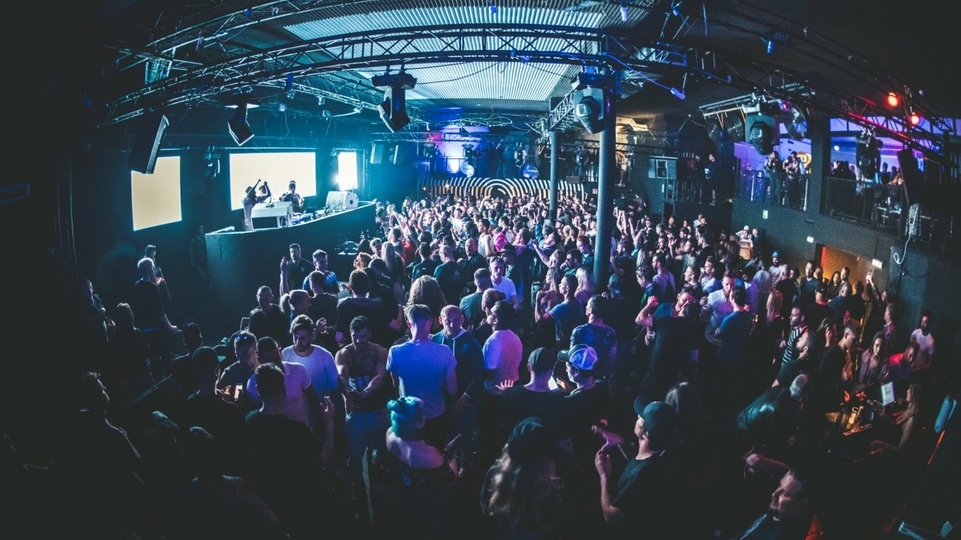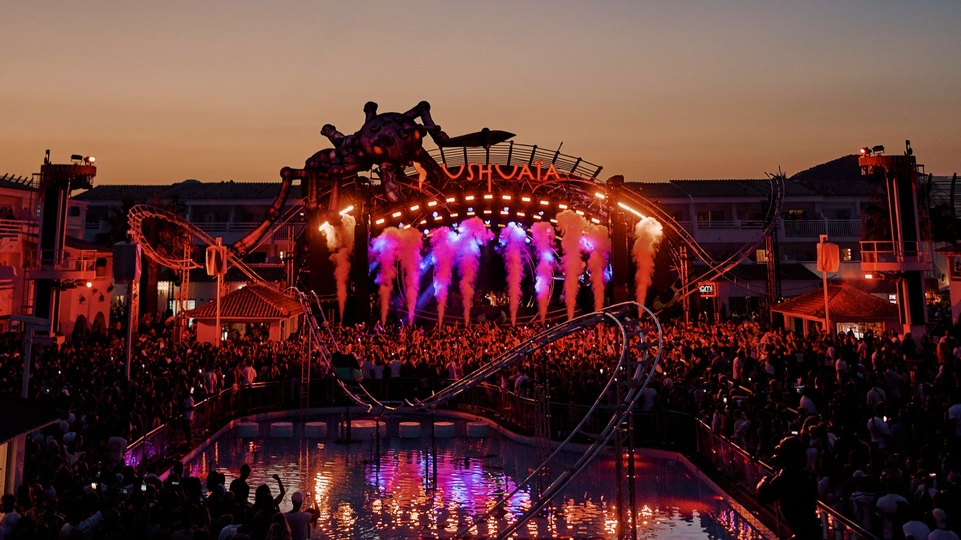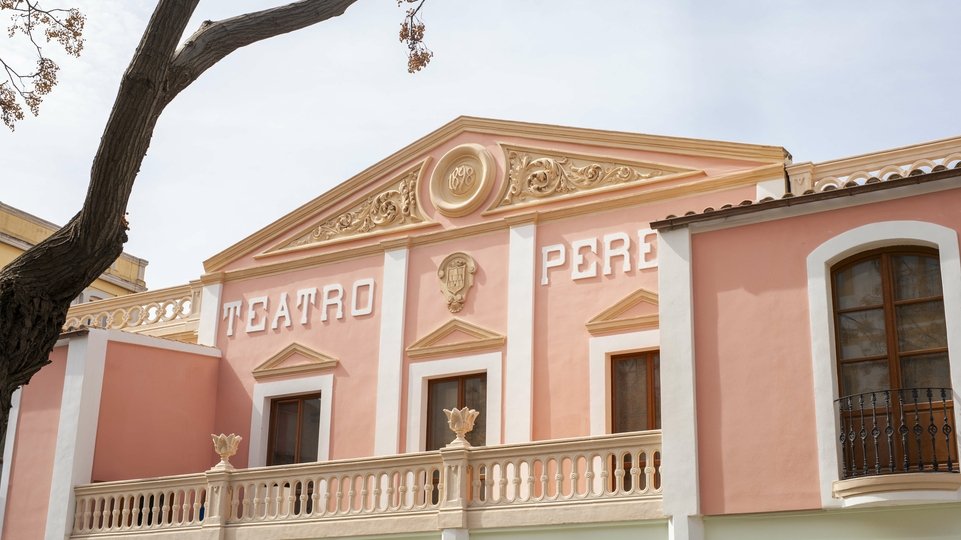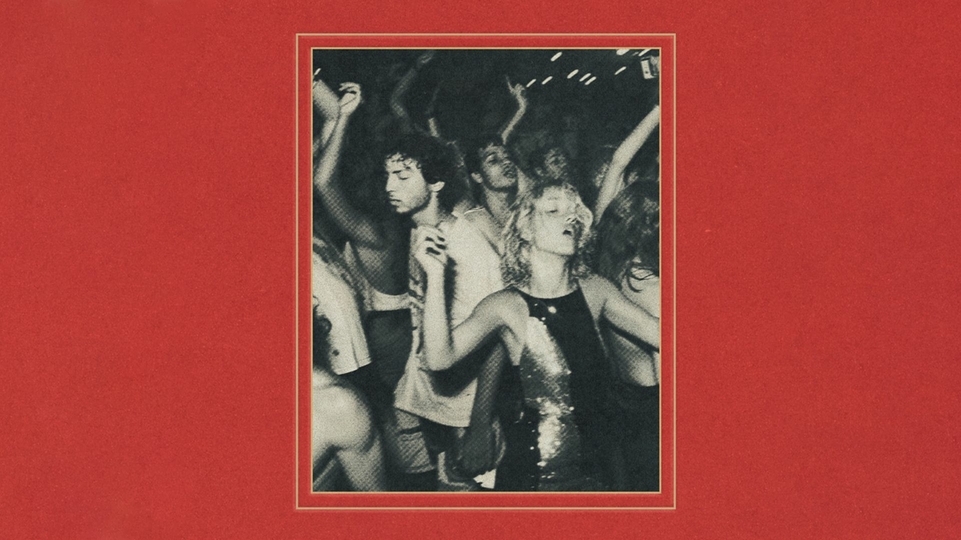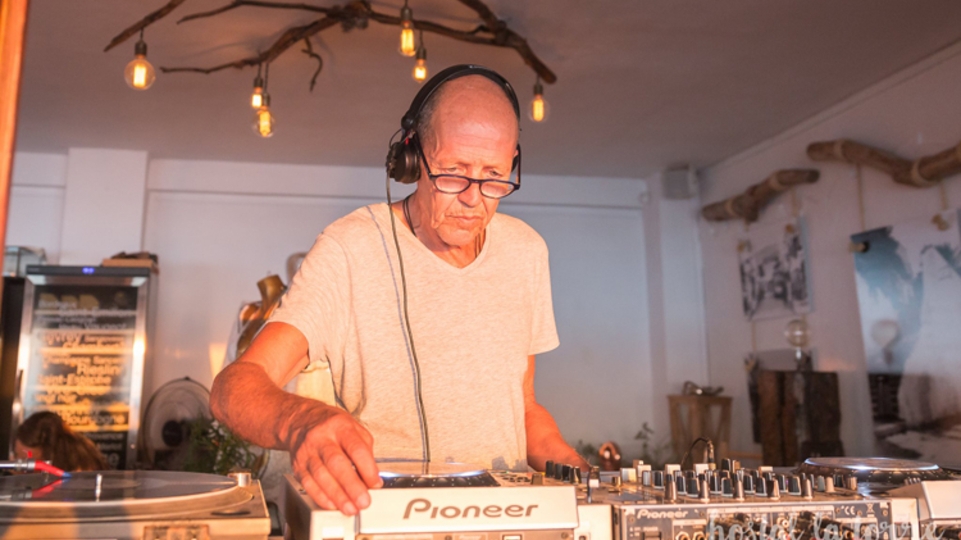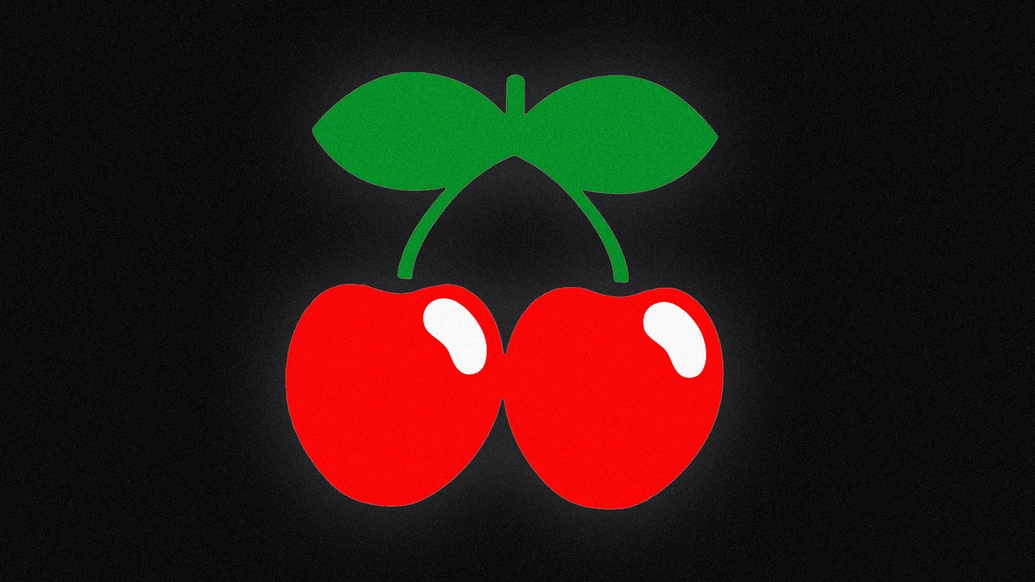
Cherry on top: celebrating Pacha Ibiza at 50
Celebrating its 50th anniversary in 2023, Pacha is an Ibizan institution that’s made a lasting impact on both clubbing on the White Isle and around the world. Here, Harold Heath looks back at half a century of this storied venue and the ethos that operates behind those iconic cherries
Fifty years ago, on a patch of land in Ses Feixes facing Ibiza Town, Urgell brothers Ricardo and Piti launched Pacha Ibiza, having set up their first Pacha venue in Sitges on the Spanish mainland in 1967. Originally built to resemble a finca (a traditional Ibizan rural house), Pacha has since grown into one of the world’s most desired clubbing destinations and most recognisable club brands.
Pacha Brand Manager Francisco Ferrer is the company’s longest-serving employee, having joined the organisation on 1st May 1985. A born-and-bred Ibizan, Francisco has seen Ibiza Town go through substantial urban development over the years and tells us that when Pacha was first constructed, “it was out of the city and you had to walk there; it was just like this little house with a restaurant, the terrace with the DJ booth, the main dancefloor and VIP area, and this little open-air area... but now it’s a part of the city”.
In their Last Night A DJ Saved My Life book, Bill Brewster and Frank Broughton describe the music that was initially played at Pacha in the 1970s as “a mish-mash of rock, reggae, pop and soul. James Brown would mingle uncomfortably with Crosby, Stills, Nash & Young or the bubblegum pop of the Archies”. However, they note that by the ’80s, “Pacha had forged a reputation for excellence by regularly flying DJ Cesar de Molero over to New York to buy records”.
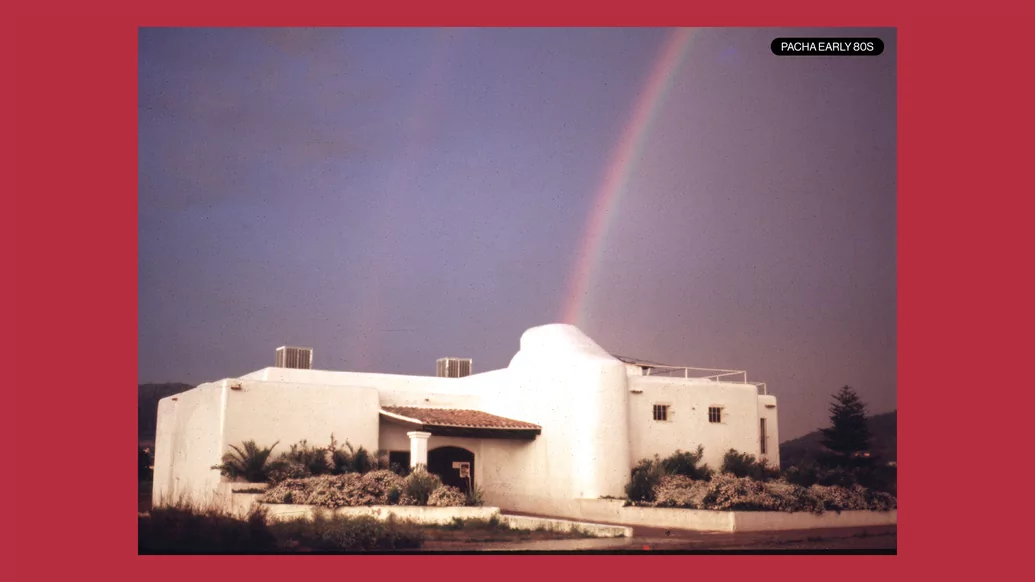
Pacha remained committed to supplying their audience with the best music, and occasionally caught the attention of the Spanish authorities as a result. “I was once with Piti and we were going to London to buy the records for the DJs,” Francisco recalls. “He bought so many that he used to have problems getting them all through customs, and he ended up going to jail in Spain because of the records!”
Throughout the ’70s, Pacha went through a number of internal renovations, but from ’93 onwards, the venue underwent the substantial development that turned it into the huge, leading-edge, 3,000-capacity venue it is today. The business also expanded, opening Pachas in several Spanish cities, including Madrid, Valencia, Bilbao and Barcelona, and also internationally (Buenos Aires, Munich, London, etc.). And Pacha Recordings began releasing house music compilations in 2001, as well as singles from artists like Kiko Navarro, Richard Grey and Nacho Marco.
Pacha ended up with venues all over the world, but the inevitable ebb and flow of global economics eventually led to many of them closing. When DJ Mag asks Francisco how many Pacha venues there were worldwide at their height, he laughs then promptly walks off the Zoom call, only to return moments later to triumphantly unroll a huge peak-period Pacha poster with an equally huge list of Pachas. “Marrakech, Macau, New York, Dubai...” he recites, “There were a lot of Pachas! At the moment now though, it’s Pacha Ibiza, Pacha Munich and Pacha Barcelona.”
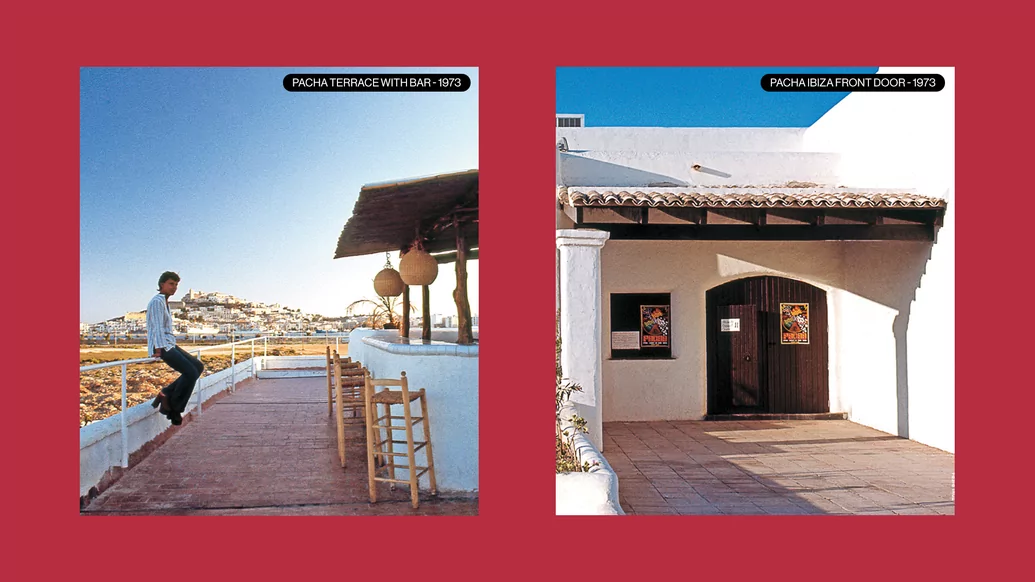
“We are Pacha — that’s why we’ve been here for 50 years, because we always tried to be classic but to also be in the avant-garde, looking for new sounds, looking for the technology, but always keeping our personality.” – Francisco Ferrer
By the time Francisco joined Pacha in the mid ’80s, the resident DJs were a pair of Balearic legends. “It was just Pippi and Alfredo,” Francisco tells us, “with no other DJs playing, and they would play from midnight till six or seven in the morning.” The Pacha residents pioneered their unique blend of disco, dub, pop, soul and more, and of course, they were also enthusiastically playing the new house sound of Chicago, alongside Frankie Goes To Hollywood, Talk Talk and Sly & Robbie: “From when I arrived,” Francisco remembers, “it was more house, house — very house.”
Defected’s Simon Dunmore first went to Pacha as a clubber in 1986 and remembers it well. “It was a lot smaller then, obviously,” he tells DJ Mag. “The DJ actually faced the wall instead of facing the dancefloor, which would be unheard of these days. It was based around an original Ibizan finca and it felt almost humble. But there were lots of little nooks and crannies where you could make your space into a dancefloor. It was pretty amazing in those times, it had a lot of character as a club and it was the first club I went to where I experienced theatre.”
Ibizan clubs in the 1980s were all about theatre. Pacha and other big venues like Amnesia and Ku had morphed into sumptuous, dedicated pleasure palaces, adding bespoke sound systems, dancefloors, bars and terraces, and decking out their VIP areas and courtyards with billowing white drapes, pillars, palm trees, fountains and floorshows. It was an opulent and indulgent aesthetic that a decade later would influence UK club brands like Renaissance.
There was plenty of theatre from the patrons themselves too: an eclectic mix of celebs, socialites, international jet-setters, monied Euro-trash, models, actors, musicians, designers, bohemians and various strains of hippy, with a strong queer contingent. With no phones to record events, Ibiza’s nightclubs were havens of expression and hedonism and came with a genuine sense of freedom that was central to the experience. “It was a time,” Francisco tells us, “when there was this mentality of ‘It doesn’t matter if I go dressed in blue, yellow or red, if I wear high heels or if I go half-naked’. Nobody cared what anyone else thought, there was more free-ness, it was more easy, more natural.”
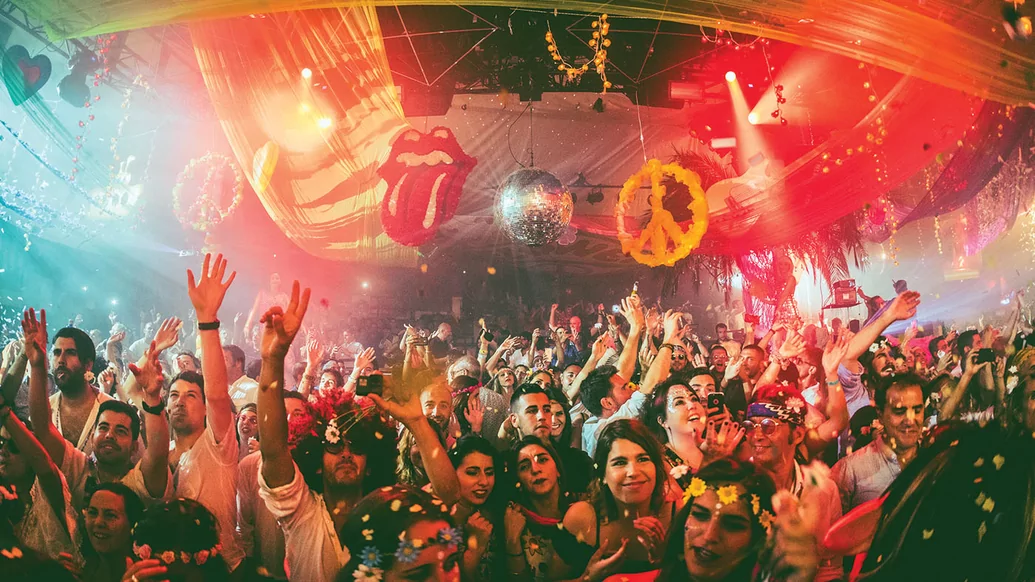
“We are like family... this is the spirit of Pacha. We are not a discotheque, we are a club where you enjoy yourself because you come with your friends, but you become friends with all the other people too.” – Francisco Ferrer
The music at Pacha Ibiza was originally based around the resident DJs, but in the mid-’90s the club began to work with promoters and UK outfits like Ministry Of Sound, Renaissance and Gatecrasher to create regular events. For Francisco, it has always been about finding DJs and promoters who match the Pacha ethos. “We are Pacha — that’s why we’ve been here for 50 years, because we always tried to be classic but to also be in the avant-garde, looking for new sounds, looking for the technology, but always keeping our personality.”
Pre-Covid, Pacha had hosted David Guetta’s F*** Me I’m Famous! party for 17 years, just one of several long-term DJ relationships that have served both the club and the DJs well. “With David Guetta,” Francisco tells us, “it was an incredible relationship and incredible connection — we were very good together because of his sound. Then Swedish House Mafia, they were already known, but I remember their party at Pacha became really successful. Luciano was someone who was known too, but when he and Pacha started to produce his Vagabundos parties, it was a new sound for Pacha and it was another very good connection between both sides. We also have a very good connection with Marco Carola. Before, he was more deep, but at Pacha he opened his mind to see another reality of the sound and his sound changed a little bit, it’s not so dark, and for me, it’s where he is at now.”
Another DJ who has become associated with Pacha Ibiza is Solomun, who has been playing at the venue since the early 2010s, and supplying some of Simon Dunmore’s favourite Pacha moments in the process. Defected began curating events at the club in 2001 and started their eight-season residency in 2005. “In our final season in 2012,” Dunmore recalls, “we got Solomun four times, and on every occasion, the atmosphere in the club was just absolutely legendary.” Solomun’s +1 parties began at Pacha in 2013 and Francisco recalls that “when Solomun first came to Pacha he was not the Solomun he is now, but he was so happy here, because at Pacha he could be himself, and he knows the impact he has on the customers here.”
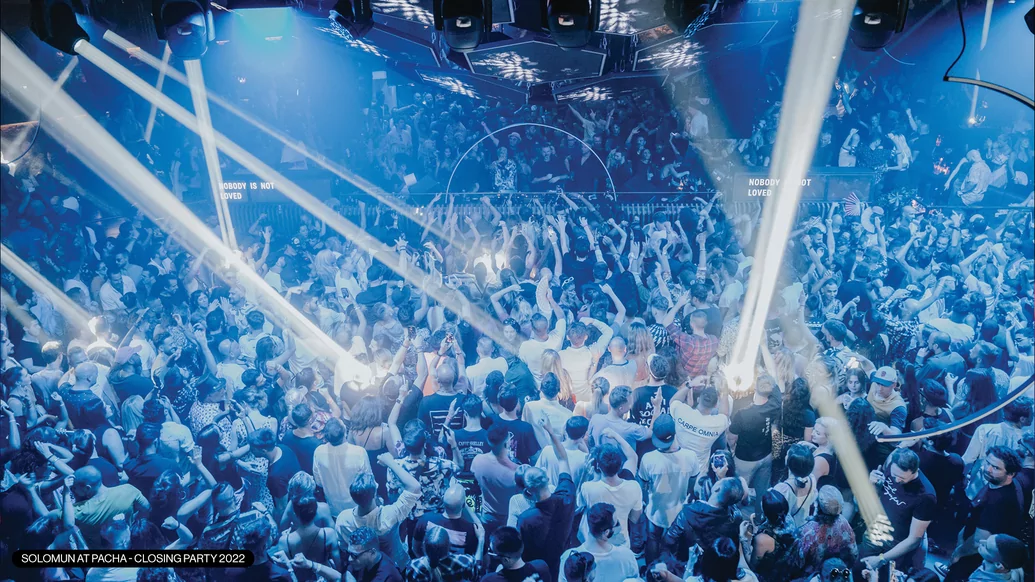
For Summer 2023, Pacha is continuing with three of its biggest and most successful nights, Solomun’s aforementioned +1 on Sundays, Marco Carola’s techno-flavoured Music On on Fridays, and Claptone’s house-fest Masquerade on Saturdays. As ever, for Francisco the DJs are important, but it’s the collaboration that is key — the whole needs to be greater than the sum of the parts. “We always try to have new sounds and we always believe in them, but we always make sure that it is not them, it’s us; we always make sure it’s a joint venture.”
Francisco is looking forward to another summer season of musical mayhem and holistic hedonism at Pacha, (which you can read more about in our Ibiza clubbing guide for 2023), but he’s also looking forward to one particular, special event. This summer Pacha will be throwing a huge 50th birthday celebration dinner for over a thousand former Pacha dancers. “All these people are coming to celebrate that they have been a part of the history of Pacha,” says Francisco. “For me personally, this is very emotional because they still feel that Pacha is part of their lives and part of who they are — and for me, this is Pacha.”
This sense of community is no doubt a big factor in Pacha’s longevity, and is certainly part of its appeal for Simon Dunmore. “Sometimes you’d meet people that you know from different parts of the world and you’d say, ‘Meet you at Pacha’, and sometimes you’d meet people at Pacha and you’d see them there again next year. I think that for one of the biggest clubs on the island, it probably had the most connected community and that amplified everyone’s experiences. People have a real connection with the club, and they’d return almost like a pilgrimage, year on year. I think it’s a very spiritual space.”
The last word on what makes Pacha unique goes to their longest-serving employee Francisco Ferrer: “We are like family... this is the spirit of Pacha. We are not a discotheque, we are a club where you enjoy yourself because you come with your friends, but you become friends with all the other people too.”
